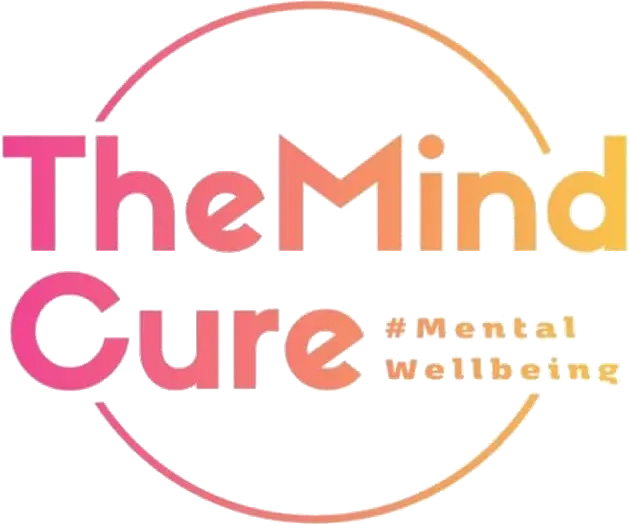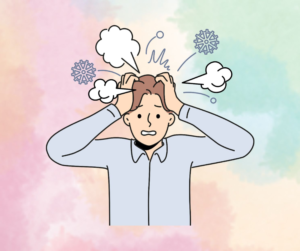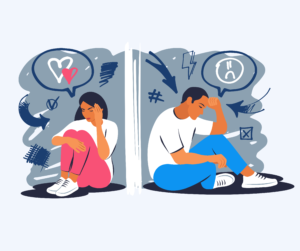Anxiety is a natural response to stress, but when it becomes overwhelming, it can interfere with daily life. Understanding anxiety symptoms, identifying the causes of anxiety, and implementing effective anxiety management strategies can help improve mental well-being.
Recognizing Anxiety Symptoms
Anxiety presents itself in both physical and emotional ways. Common anxiety symptoms include:
- Excessive worry and restlessness
- Rapid heartbeat and shortness of breath
- Difficulty concentrating
- Muscle tension and headaches
- Sleep disturbances
- Digestive issues like nausea or upset stomach
If these symptoms persist for a long time and disrupt daily activities, it may indicate an anxiety disorder that requires further intervention.
Common Causes of Anxiety
There is no single cause of anxiety, as it often results from a combination of factors. The most common causes of anxiety include:
- Genetics: A family history of anxiety disorders increases the likelihood of developing anxiety.
- Brain Chemistry: Imbalances in neurotransmitters like serotonin and dopamine play a role in anxiety.
- Stressful Life Events: Financial issues, job stress, relationship conflicts, or major life changes can trigger anxiety.
- Medical Conditions: Chronic illnesses, hormonal imbalances, or certain medications can contribute to anxiety.
- Substance Use: Excessive caffeine, alcohol, or drug use can heighten anxiety symptoms.
Effective Anxiety Management Strategies
While anxiety can feel overwhelming, it is manageable with the right approach. Here are some effective anxiety management strategies:
1. Psychotherapy for Anxiety Relief
Psychotherapy is one of the most effective treatments for anxiety. Cognitive Behavioral Therapy (CBT) is particularly beneficial, helping individuals identify and change negative thought patterns that contribute to anxiety.
2. Mindfulness and Relaxation Techniques
Practicing mindfulness can help reduce anxious thoughts and promote calmness. Relaxation techniques, such as deep breathing, guided meditation, and progressive muscle relaxation, can ease physical symptoms of anxiety and restore a sense of control.
3. Lifestyle Adjustments for Better Mental Health
- Regular Exercise: Physical activity helps release endorphins, which improve mood and reduce anxiety.
- Balanced Diet: Eating nutrient-rich foods can support brain function and emotional stability.
- Adequate Sleep: A proper sleep routine helps regulate stress and enhances overall mental well-being.
- Social Connections: Spending time with loved ones provides emotional support and helps combat feelings of isolation.
4. Seeking Mental Health Support
If anxiety becomes unmanageable, seeking mental health support from a therapist or counselor is crucial. Professional guidance can provide personalized strategies and coping mechanisms to navigate anxiety effectively.
Final Thoughts
While anxiety is a common experience, it doesn’t have to control your life. Recognizing anxiety symptoms, understanding the causes of anxiety, and using effective anxiety management strategies—such as psychotherapy, cognitive behavioral therapy, mindfulness, relaxation techniques, and mental health support—can help individuals regain control and improve their well-being.
If you’re struggling with anxiety, don’t hesitate to seek help. Small steps toward self-care and professional support can make a significant difference.




